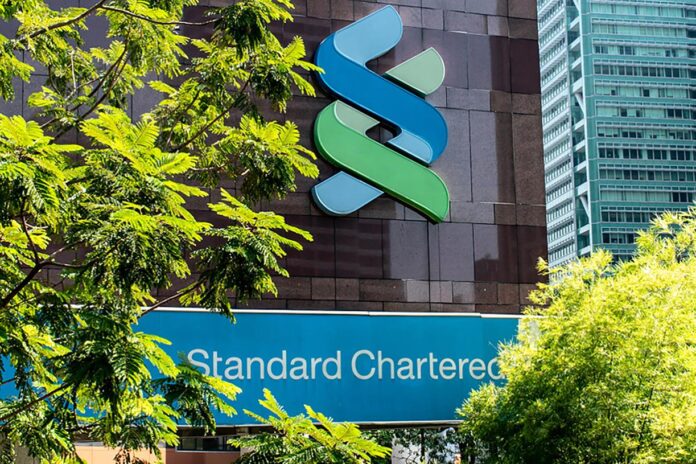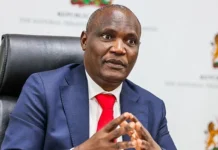After a prolonged legal and administrative standoff spanning years, Standard Chartered Bank Kenya has announced its readiness to pay Ksh 7 billion to settle a long-standing pension dispute involving former employees.
The decision marks a significant turning point in one of the country’s most closely watched corporate pension cases, signaling the bank’s commitment to fairness, transparency, and responsible corporate governance.
The dispute centered on claims by a group of retirees and former staff who alleged discrepancies in the management and distribution of pension benefits following changes made to the bank’s retirement scheme years ago.
The matter had escalated through various legal channels and negotiations, with multiple court rulings and pension tribunal findings that largely favored the employees.
Standard Chartered, in its latest communication, confirmed that it will honor the tribunal’s directive to release the Ksh7 billion payout, covering both outstanding pension contributions and accrued interest.
“We acknowledge the findings and recommendations of the relevant regulatory and legal bodies,” the bank said in a statement. “As a responsible institution, we are committed to ensuring that all our current and former employees are treated with dignity and fairness.”
The move has been widely praised by stakeholders, including labor unions and pension rights advocates, who see it as a win for workers’ rights and a message to other corporate institutions on the importance of honoring retirement obligations.
“This resolution gives long-overdue justice to the affected retirees,” said Peter Mwangi, a retired employee who was part of the initial petition. “It also restores faith in institutions that had been slowly eroding due to years of delay.”
Industry analysts note that while the financial cost to the bank is significant, the reputational boost and closure of the matter will ultimately benefit its long-term operations and employee relations.
Source: Business Daily
Written By Ian Maleve



















